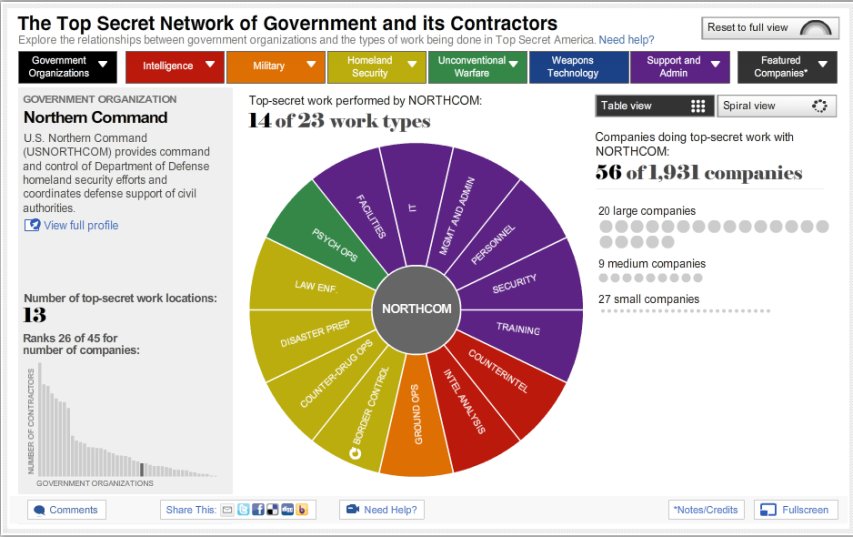In Reason, Jacob Sullum explains why the ruling against the promiscuous use of National Security Letters was needed:
After 9/11, Congress loosened restrictions on national security letters (NSLs), a kind of administrative subpoena, first authorized in 1986, that the FBI uses to demand information from phone companies, Internet service providers, and financial institutions. According to the Justice Department’s inspector general, NSL “requests” skyrocketed from a total of 8,500 between 1986 and 2000 to more than 56,000 in 2004 alone.
The Obama administration has made liberal use of NSLs, which in 2010 allowed the FBI to peruse information about 14,212 American citizens and permanent residents — a new record — without bothering to get clearance from a judge. If you were one of those people, the odds are that you will never know, because NSLs are almost always accompanied by instructions that prohibit recipients from discussing them.
[. . .]
Secrecy frustrates challenges to counterterrorism tactics even in the case of Obama’s most startling claim to executive power: the authority to kill people he identifies as members or allies of Al Qaeda. In January a federal judge ruled that the Freedom of Information Act does not require Obama to disclose the Justice Department memos that explain the legal rationale for this license to kill.
U.S. District Judge Colleen McMahon expressed frustration with this result, saying, “I can find no way around the thicket of laws and precedents that effectively allow the Executive Branch of our Government to proclaim as perfectly lawful certain actions that seem on their face incompatible with our Constitution and laws, while keeping the reasons for their conclusion a secret.” In his State of the Union address the following month, Obama promised to make his “targeting” of suspected terrorists “even more transparent.” I’ll disbelieve it when I don’t see it.




